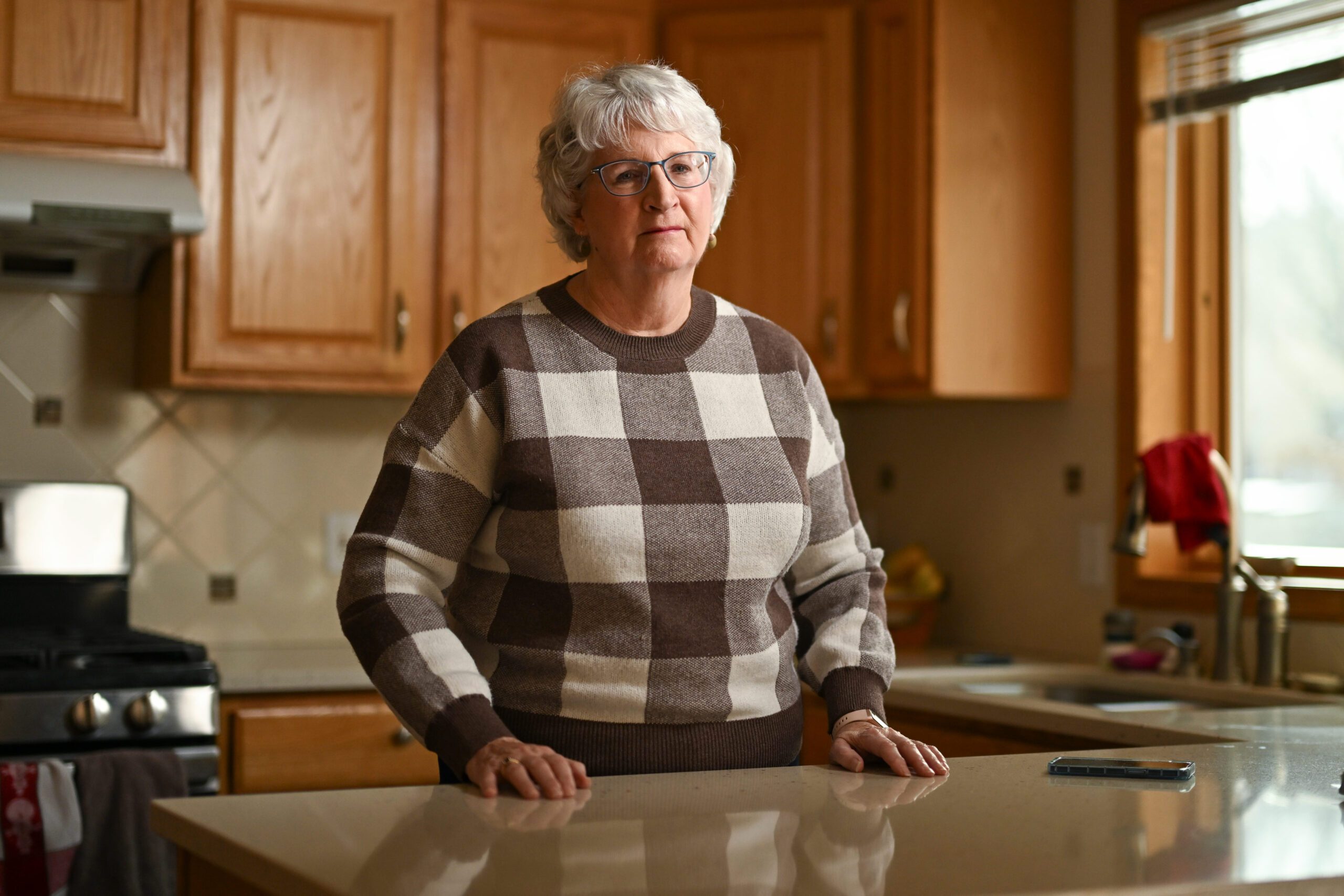By Jade Sim and Neeru Gupta and Ivy Bourgeault
Healthcare workers across the country and around the world are on the front lines of the novel coronavirus pandemic. So, it is curious why it has taken more than six months to have any official or authoritative numbers of the deaths of health care workers from COVID-19 in Canada.
The Ontario Health Coalition noted early on in the pandemic that the “total numbers of deaths among medical workers are hard to come by.” Recent data released by the Canadian Institute of Health Information (CIHI) are our first official Canadian numbers, but there remains some troubling variability.
According to data CIHI gathered from federal, provincial and territorial public health agency or ministry of health websites, 12 health workers have died from COVID in Canada. These are broken down by province: nine in Ontario and three in Quebec – but not by sector.
Yet, according to Public Health Ontario, there were 13 reported death amongst health care workers as of June 22, 2020 — and in a more recent release, eight of these deaths were noted to be health care workers in long term care. The Alliance for Healthier Communities reported 14 deaths of health workers as of June 3rd, of which eight were personal support workers. Across Canada, the Canadian Federation of Nurses’ Unions has gathered information concerning 19 health care workers who have died as of July 14th.
This is not just a data issue, but a matter of who counts as a ‘health worker’ and how much they count to the government agencies tasked with safeguarding them. These are also more than just numbers to the countless family members, colleagues and communities affected by the deaths of these critical workers.
Inspired by the collaboration of The Guardian and Kaiser Health News, ‘Lost on the Frontline,’ the Canadian Health Workforce Network began to assemble a memorial of the Canadian healthcare workers who have died from COVID-19to put faces to the numbers and remember their sacrifice.
The memorial is incomplete, just like the sources of Canadian data.
One thing that has become clear, however, is the over-representation of racialized healthcare workers among the list, particularly in the long-term care sector. Through our independent compilation, we have identified that of the 12 deceased healthcare workers who provided long-term care services, eight belonged to racialized groups.
This is not a coincidence.
Racialized Canadians are funneled towards working in the most precarious parts of the healthcare system resulting in their overrepresentation in sectors like long-term care. Statistics Canada reports that the share of immigrants in these occupations has grown disproportionately in recent years. In metropolitan cities such as Toronto and Montreal, over 70 per cent of care workers are immigrants, of which 87 per cent are women.
These jobs have disproportionately lower rates of pay, less secure full-time positions and fewer sick days despite higher rates of injury. These issues have contributed directly to the spread of COVID-19 with estimates that long-term care staff represent 10 per cent of all those who have been infected.
The vulnerabilities of long-term care workers are closely intertwined with the vulnerability of long-term care residents. When a vulnerable population cares for a vulnerable population, the results can be deadly.
The vulnerability of racialized health workers does not stop at work. They move from high-risk work environments to high-risk home environments. According to Public Health Ontario, there are 3.2x more COVID-19 cases in the most versus least diverse neighbourhoods.
Other countries have been collecting better race-based data on COVID-19 cases. Data from the United States reveals that black people are dying at 3.8x the rate of white people. Although provinces like Ontario previously committed to collecting data to identify systemic racism, there is still no systematic and coordinated collection of socio-demographic data on COVID-19 beyond age and sex.
The lack of basic demographic data on the most important resources of our health system, our health workers, is unconscionable, especially during a pandemic. This has literally become a matter of life and death.
Deaths among health care workers which should not be forgotten.
—
This post was previously published on Quoimedia.com and is republished here under a Creative Commons license.
***
You Might Also Like These From The Good Men Project
 Compliments Men Want to Hear More Often
Compliments Men Want to Hear More Often  Relationships Aren’t Easy, But They’re Worth It
Relationships Aren’t Easy, But They’re Worth It  The One Thing Men Want More Than Sex
The One Thing Men Want More Than Sex  ..A Man’s Kiss Tells You Everything
..A Man’s Kiss Tells You Everything Join The Good Men Project as a Premium Member today.
All Premium Members get to view The Good Men Project with NO ADS.
A $50 annual membership gives you an all access pass. You can be a part of every call, group, class and community.
A $25 annual membership gives you access to one class, one Social Interest group and our online communities.
A $12 annual membership gives you access to our Friday calls with the publisher, our online community.
Register New Account
Log in if you wish to renew an existing subscription.
Username
First Name
Last Name
Password
Password Again
Choose your subscription level
- Yearly - $50.00 - 1 Year
- Monthly - $6.99 - 1 Month
Credit / Debit Card PayPal Choose Your Payment Method
Auto Renew
Subscribe to The Good Men Project Daily Newsletter By completing this registration form, you are also agreeing to our Terms of Service which can be found here.Need more info? A complete list of benefits is here.
—
Photo credit: iStock
The post Health Worker Deaths From COVID-19 in Canada appeared first on The Good Men Project.
Original Article










